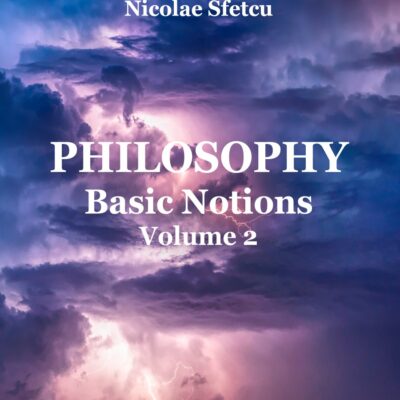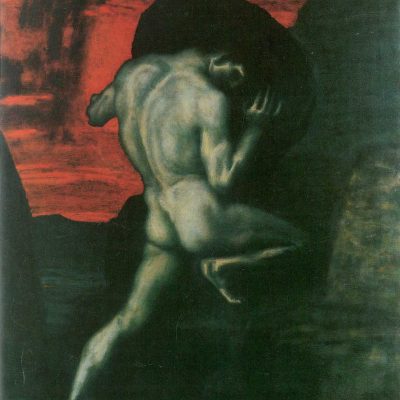Around the 5th century, the unity of Mediterranean civilization was broken at the same time as political unity. With the destruction of cities which marked the invasion of the Barbarians throughout the West, the traditional centers of culture disappeared; with urban civilization this sophistical teaching which had given its unity to the last period of Antiquity collapsed.
How, until the Carolingian era, could studies continue in such deplorable conditions? We must here recall a general trait at the end of the Roman era: we seek less intellectual culture strictly speaking than the development of spiritual life, and to this universal need correspond less the chairs of sophistry, or the scientific chairs of manner of the Alexandria Museum, that these spiritual conventicles which the philosophical schools are gradually becoming; we already see them born in Philo with the Therapists of Lake Mareotis, and innumerable, in paganism itself, are the Pythagorean, Hermetic, Platonic communities: let us add that if, in certain circles like that of Plotinus, spiritual life still remains highly intellectual and if the need for rational organization dominates, in others it tends to transform into a pure mysterious religion, with its formulas, its rites and its sacraments.
It was therefore not through a violent revolution, but through a natural inclination that all that remained of intellectual life took refuge in Christian communities and particularly in monasteries, when the whole of the West became Christian.
Thus, almost invisible, a prodigious change is accomplished: intellectual life completely subordinated to religious life, philosophical problems arising according to the destiny of man as conceived by Christianity. The period during which this regime lasted will mark the naturally somewhat indecisive limits of the intellectual Middle Ages; the modern era will begin at the moment when intelligence asserts the autonomy of its methods and its problems: a revolution so profound that today we barely see all the consequences.
Source: Émile Bréhier(1951). Histoire de la philosophie, Presses Universitaires de France. Translation and adaptation by © 2024 Nicolae Sfetcu













Leave a Reply